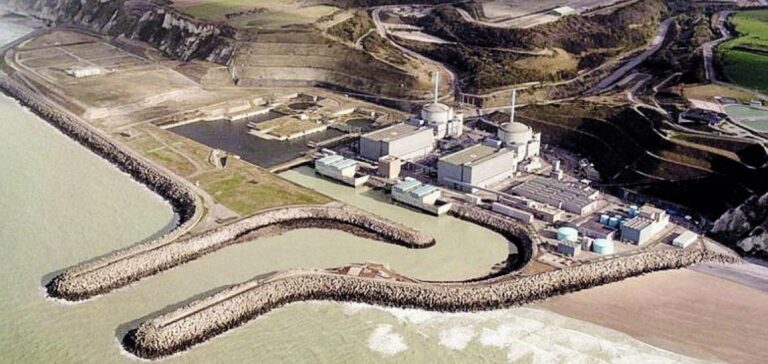A new crack on an EDF nuclear reactor in Penly has been discovered, rekindling fears about the stress corrosion phenomenon that has been affecting the French nuclear fleet since October 2021. This crack, much larger than the previous ones, is judged “beyond what is acceptable, from a safety point of view” by Karine Herviou, deputy director general of the IRSN, considered as the scientific police of nuclear safety in France.
A deeper crack located on an unidentified portion
While micro-cracks had already been detected in the Penly 1 reactor, EDF has announced that it has identified another crack, this time deeper, in a weld of a portion of piping not previously known to be sensitive to stress corrosion. This crack, which measures 23 mm deep on a 27 mm thick pipe, still concerns safety injection circuits, used to send water in case of an accident to cool the reactor.
Lessons to be learned from this discovery
After the discovery of the stress corrosion phenomenon in October 2021, EDF had identified areas said to be sensitive to this phenomenon and had targeted controls on these parts. The first inspection results had allowed EDF to put forward explanations related to the geometry of the piping, but the discovery of the new crack at Penly does not necessarily respond to the same causes, EDF now advancing a problem of repair of the welds of the piping during construction in the 1980s. The French Nuclear Safety Authority (ASN) is therefore asking EDF to take this feedback into account to complete its control strategy.
A risk of rupture and leakage
The crack discovered on the Penly reactor presents a risk of rupture and therefore of leakage on the reactor’s main cooling system. This may lead to delays in restarting the reactors if EDF decides to extend its inspections on its reactors, especially since this new crack was not foreseen in the initial inspection schedules.
A situation that calls for an understanding of the phenomenon
This discovery proves that the understanding of the stress corrosion phenomenon is not yet complete, and that further investigations will be necessary to assess whether the problem discovered at Penly is unique. Safety issues are therefore extremely important and must be taken into account by all players in the energy sector.






















